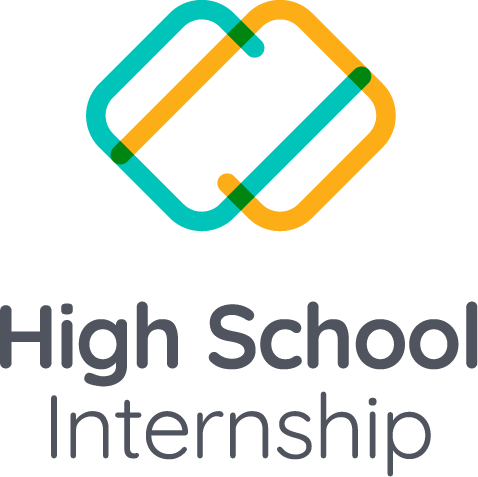A couple of years ago, I wrote an article about the true meaning of digital citizenship. I spoke about being a digital citizen and what it means to be a ‘good’ digital citizen. As of January 2021, almost 60% of the global population are active internet users (4.66 billion people). I was recently with a friend’s 15-month old who can’t walk but knows how to scroll on a smartphone.
How often are children really using technology?
CHILDWISE estimates that between September and November of 2020, children between 7 and 16 spent an average of 3 hours and 48 minutes online each day. The time increased as they got older, with 7-8-year-olds reporting they spent an average of 2 hours 54 minutes online. In contrast, the 15-16-year-olds spent 4 hours and 54 minutes. Living in a global community of digital citizens that is more connected and younger than ever before, means the time spent online only going one way.
But is this community always spending their time using technology to make the world a better place for themselves and others? Is everyone a ‘good’ digital citizen? Of course, we know the answer is, unfortunately, no.
To name a few of the challenges, we’ve all seen the impact of fake news, hacking, and cyberbullying. For example, almost 80% of consumers in the US reported having seen fake news on the coronavirus outbreak, 80% of reported fraud in the UK is cyber-enabled. In addition, a survey of more than 6000 10-18-year-olds from June to August last year found that about 50% of children had experienced at least one kind of cyberbullying in their lifetime.
There is a huge need to teach students about digital citizenship.
Given this, there is a huge need to teach students about digital citizenship. But I think it’s vital to dive into what should be covered in this space and how. All too often, digital citizenship is another box to tick. Lesson on internet safety? Done. Or it focuses on the cons of being a digital citizen. But digital citizenship is so much more than that. The world is a digital place with huge potential, and our digital lives aren’t separate from our everyday life. That’s why at BSD Education, all of our curriculum is infused with learning opportunities in digital citizenship so that students see how it is a natural part of interacting online and in virtual communities instead of a solo practice.
As well as integrating digital citizenship across students’ learning, we can also think about the content in three key areas:
Using digital technologies positively for yourself
Topics include:
- Digital footprint
- Data security
- Online safety
- Vetting sources & citing information correctly
- Digital wellbeing
- Building network and connections
Making a digital space safe for others
Topics include:
- Creating long-lasting, positive relationships online
- Cyber-bullying
- Communicating online and engaging respectfully with others
- Safeguarding
- Community guidelines
- Safe-spaces agreements
Using digital technologies to make positive change in the world
Topics include:
- Digital literacy and digital skills
- Freedom of speech
- The power of virtual communities and online movements
- Open Source Software
- Blockchain
- Decentralized media
- Censorship
By focusing on using digital technologies positively, infusing the learning across topics and subject areas, and broadening the conversation beyond personal responsibility, we show our students the possibilities of operating in the digital space and being active digital citizens. ISTE summarizes it brilliantly – ‘Digital citizenship is about more than online safety. It’s about creating thoughtful, empathetic digital citizens who can wrestle with the important ethical questions at the intersection of technology and humanity.’ So let’s think about any opportunities we have to excite our students about using digital technologies to bring about positive change for themselves, others, and broader society.

